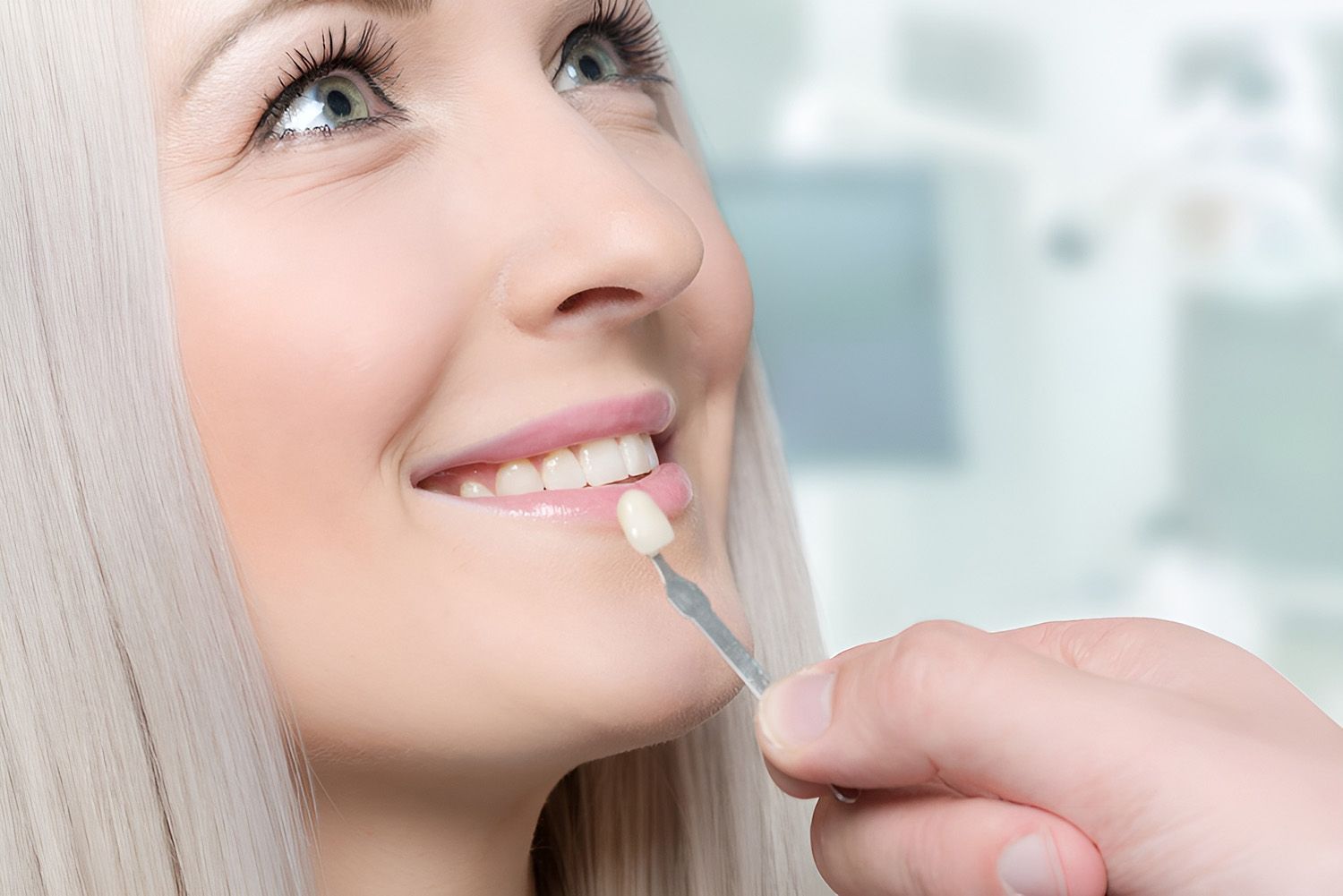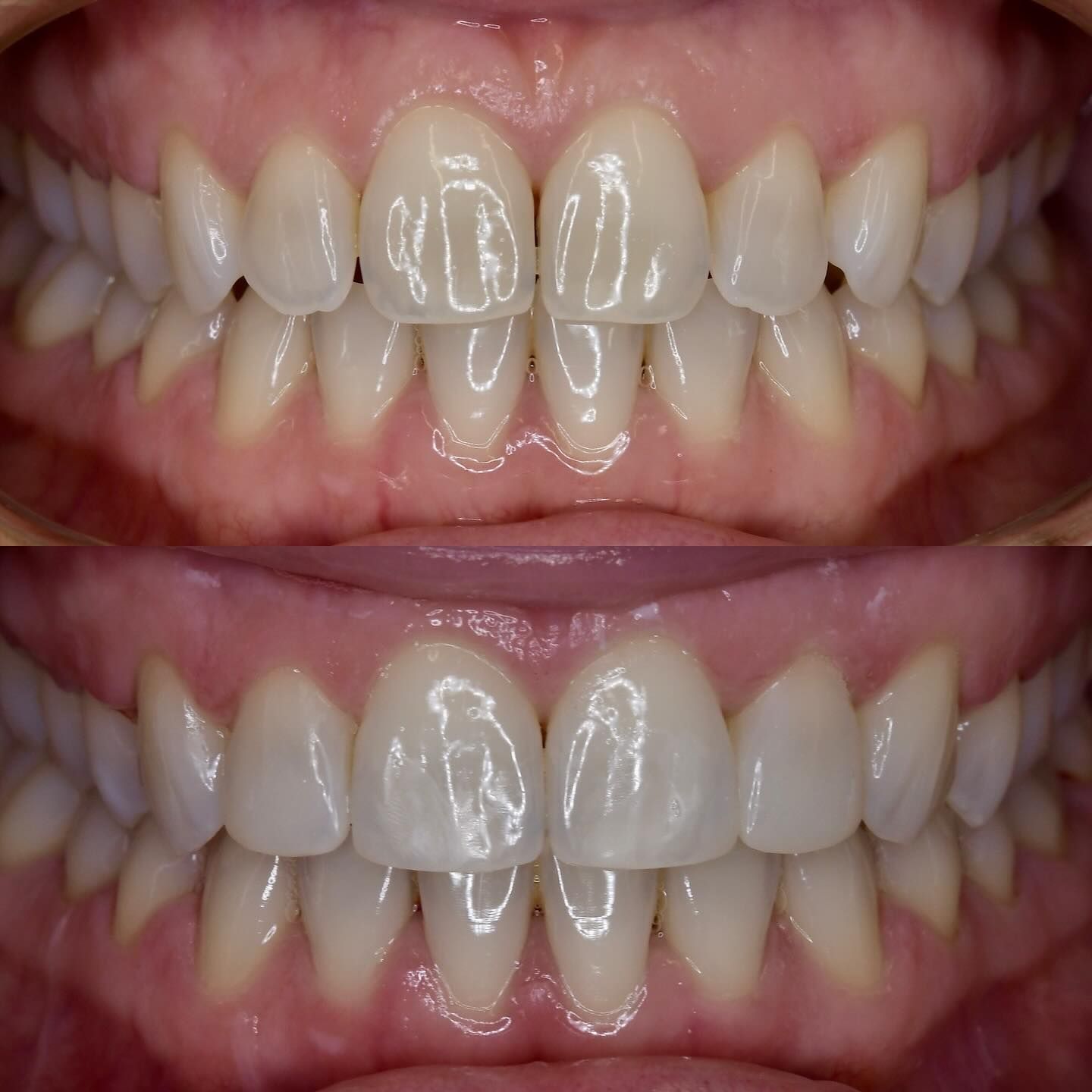Teeth Whitening vs Over-the-Counter Products: Which Is Better?
A bright, white smile is often associated with health, confidence and personal presentation. As interest in cosmetic dentistry grows, many people are exploring teeth whitening to address surface staining and enhance their overall appearance.
Two common approaches are frequently considered: professional whitening performed in a dental clinic and over-the-counter (OTC) products. While these options might appear similar, important differences exist in how each is applied and monitored. Understanding these distinctions is an important part of making an informed decision for those considering teeth whitening in Cairns.
Why Teeth Whitening Has Become a Go-To Cosmetic Treatment
Teeth whitening has become increasingly popular as part of a broader cultural shift towards self-care and personal aesthetics. A smile is often one of the most noticeable features, and visible discolouration may make some individuals hesitant or self-conscious in social and professional interactions. Common causes of staining include regular consumption of coffee, tea, red wine, tobacco use, and the natural ageing process.
When included in a professionally guided cosmetic dental plan, whitening can help address these concerns. However, it’s important to recognise that not everyone is suited to the same approach. Dentists consider several factors when assessing suitability, including oral health history, enamel condition and restorations, before recommending an appropriate course of treatment.
Understanding Professional Teeth Whitening: What to Expect at the Dentist
Professional teeth whitening is conducted under the supervision of a qualified dental practitioner, who tailors the treatment to the individual’s specific oral condition. This personalised approach prioritises safety while aiming to achieve gradual and natural-looking improvements.
What a professional whitening session typically includes:
- A detailed oral examination to determine the health of teeth and gums.
- Identification of any contraindications such as decay, gum disease or enamel erosion.
- Dental-grade whitening gels are used in controlled concentrations.
- Isolation of soft tissues to protect lips and gums from exposure.
- In-clinic monitoring is used to adjust individual sensitivity levels.
Dentists may also offer custom take-home whitening trays, fabricated to fit the patient's mouth for even application. These trays are accompanied by clear instructions and used under clinical guidance.
Over-the-Counter Whitening Products: Considerations & Caution
OTC whitening products, such as strips, pens, mouthwashes, and toothpastes, are widely available in pharmacies and supermarkets. However, it's important to understand that these differ significantly from professional treatments in concentration, application, and clinical oversight.
Important factors to be aware of:
- Concentrations of active ingredients in OTC products are generally lower than what is used in a clinical setting.
- The fit of generic whitening trays or strips may not be ideal, leading to uneven application or gum exposure.
- Potential for misuse or overuse may contribute to enamel wear or sensitivity.
- Lack of clinical oversight increases the risk of unrecognised underlying issues going untreated.
A dental consultation is the safest way to assess whether any whitening is appropriate and discuss alternative strategies if necessary.
Comparing Results: How Long Does Whitening Actually Last?
The effectiveness and duration of teeth whitening can vary depending on several factors, including the cause of the staining, oral hygiene practices, and the whitening method used. Professional treatments are carefully formulated and applied to provide more consistent and longer-lasting results than unregulated products.
Factors influencing how long whitening effects may last:
- Dietary habits and exposure to pigmented beverages.
- Smoking or the use of tobacco products.
- Oral hygiene maintenance, including regular brushing and dental check-ups.
- Use of dentist-recommended maintenance plans, if applicable.
Safety & Sensitivity: Understanding the Risks of Each Option
Tooth sensitivity and gum irritation are among the most common side effects of whitening. These effects can occur regardless of the method used, but risks may be mitigated under professional care where application is carefully monitored.
How dental professionals reduce potential side effects:
- Assessing enamel thickness and gum health before proceeding.
- Using desensitising agents before or after whitening treatments.
- Applying protective barriers to minimise soft tissue exposure.
- Offering alternative options where whitening is not advisable.
It is critical to report any unusual discomfort to your dentist promptly. A professional should always evaluate prolonged sensitivity, burning sensations, or uneven whitening.
Tailored Treatments: The Benefit of Dentist-Guided Whitening Plans
Every person’s oral condition is unique. What works for one may not be suitable for another, particularly when pre-existing dental restorations or tooth anatomy are involved. A dentist can recommend an individualised approach that supports safer and more consistent results.
Professional whitening plans may take into account:
- The original shade and current colour of the teeth.
- Presence of fillings, crowns or veneers that may not respond to whitening.
- History of tooth sensitivity or previous whitening attempts.
- Medical history that may influence treatment decisions.
This level of customisation is not available with generic OTC solutions, which are manufactured for general use and not tailored to specific needs or oral conditions.
Realistic Expectations: Whitening Isn’t Always One-Size-Fits-All
Not all forms of discolouration respond to whitening. For example, topical whitening agents may not affect stains caused by internal tooth trauma or certain medications. Additionally, whitening is not suitable for children or individuals with untreated dental conditions.
Situations where professional advice is essential:
- Discolouration due to dental trauma or developmental conditions.
- Teeth with extensive restorations may stand out after whitening.
- Gums that are receding or inflamed.
- Active tooth decay or worn enamel.
Dentists can suggest alternative cosmetic options such as veneers or bonding, which offer a different path toward aesthetic improvement.
Making the Right Choice for Your Smile & Oral Health
When considering teeth whitening, looking beyond marketing claims and making decisions grounded in evidence-based dental care is essential. A dental consultation allows one to discuss personal goals, assess suitability, and consider a wider range of treatment options based on professional evaluation.
A dental professional can help you:
- Understand the causes of discolouration.
- Determine whether whitening is suitable for your specific condition.
- Develop a safe plan aligned with your oral health goals.
- Avoid unnecessary risks or ineffective products.
Choosing a clinically guided approach prioritises safety and supports long-term oral health.
Consult Our dentists in Cairns
At Cairns Precision Dental Group, we offer tailored, clinically supervised teeth whitening solutions that align with your oral health and personal goals. Our treatments are designed to prioritise safety, provide comfort and deliver gradual, consistent results.
If you’re exploring options for teeth whitening in Cairns, get in touch via our contact page or give us a call to book a consultation.









